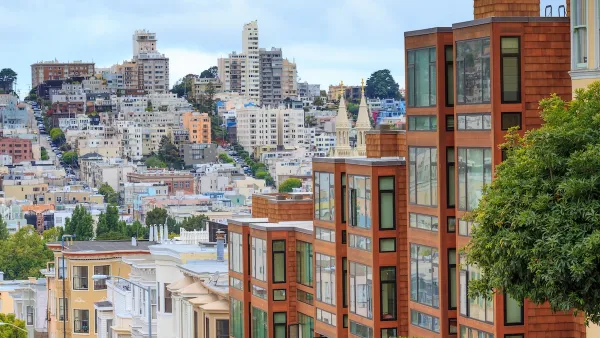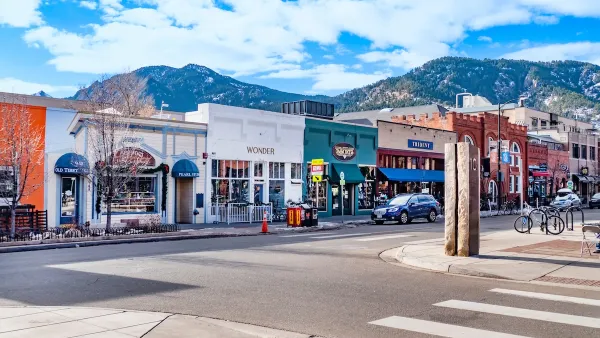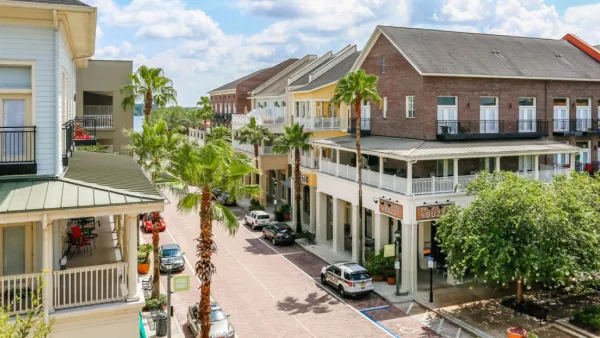In a prescient article for the events of this week, John Seo looks at how the global march towards increased density (in technology, land use, and financial markets) has consequences, both beneficial and catastrophic.
"Learning to live with the risks of density requires recognizing that density is here to stay -- and that's a good thing," proclaims Seo. But the risks of disaster that can afflict the world's many types of dense networks - whether global financial markets, information technology networks, or coastal cities - are profound and must be managed proactively.
For instance, says Seo, "[c]ramming more than half the world's
population and production onto a relatively small area of mostly coastal
land means that the cost of natural catastrophes of all kinds will rise
dramatically. This year's earthquake in Japan, which caused more than
$300 billion in economic damage, was just a preview; a decade and a half
from now, a single hurricane or earthquake will come with a potential
price tag of $1 trillion or more."
"Recognizing the importance of the density dynamic is essential not only
to harnessing its benefits but also to managing its costs -- and they
can be managed. Technology made megacities possible, while at the same
time making catastrophic citywide fires a thing of the past. Now that we
are building megacities of financial risk, we need to put the
equivalent of new building practices and fire codes in place to keep an
ill-timed and poorly placed financial fire from burning down a third of
the metropolis."
FULL STORY: Everything Will Be Too Big to Fail

Maui's Vacation Rental Debate Turns Ugly
Verbal attacks, misinformation campaigns and fistfights plague a high-stakes debate to convert thousands of vacation rentals into long-term housing.

Planetizen Federal Action Tracker
A weekly monitor of how Trump’s orders and actions are impacting planners and planning in America.

In Urban Planning, AI Prompting Could be the New Design Thinking
Creativity has long been key to great urban design. What if we see AI as our new creative partner?

King County Supportive Housing Program Offers Hope for Unhoused Residents
The county is taking a ‘Housing First’ approach that prioritizes getting people into housing, then offering wraparound supportive services.

Researchers Use AI to Get Clearer Picture of US Housing
Analysts are using artificial intelligence to supercharge their research by allowing them to comb through data faster. Though these AI tools can be error prone, they save time and housing researchers are optimistic about the future.

Making Shared Micromobility More Inclusive
Cities and shared mobility system operators can do more to include people with disabilities in planning and operations, per a new report.
Urban Design for Planners 1: Software Tools
This six-course series explores essential urban design concepts using open source software and equips planners with the tools they need to participate fully in the urban design process.
Planning for Universal Design
Learn the tools for implementing Universal Design in planning regulations.
planning NEXT
Appalachian Highlands Housing Partners
Mpact (founded as Rail~Volution)
City of Camden Redevelopment Agency
City of Astoria
City of Portland
City of Laramie





























